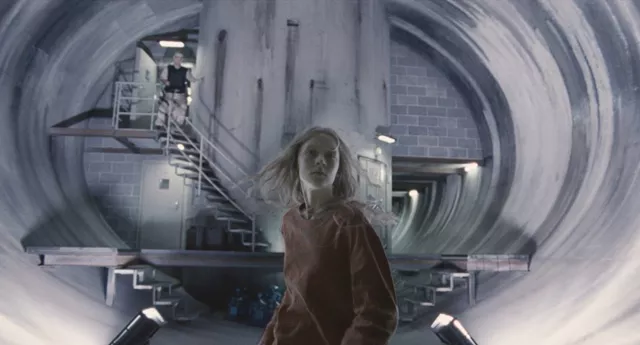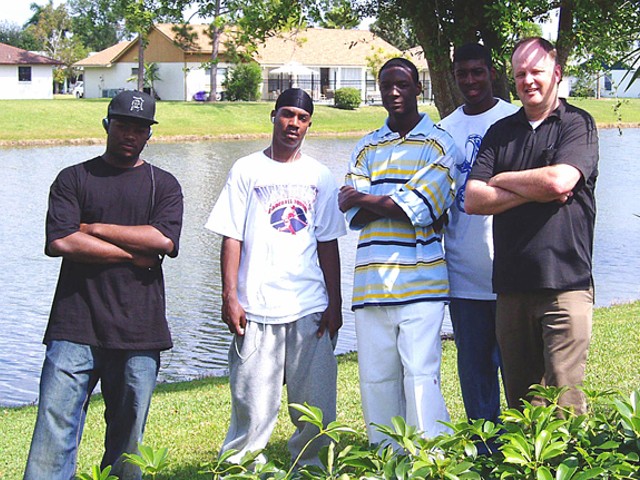Hanna
GRADE: C+
Despite Joe Wright's highfalutin pedigree (he directed Atonement and The Soloist), Hanna is exactly the kind of slick, nonsensical middlebrow entertainment he should be spending his time on. More stylist than storyteller, Wright's a filmmaker who revels in metaphorical subtext and self-consciously arty surfaces while uncritically leaving the narrative mechanics to his screenwriters. So loosely plotted as to be laughable, his adrenalized fairy tale has the high-gloss sheen of a Bourne flick (or, more appropriately, an episode of Alias) but none of the smarts. Consider yourself warned: The more you dwell on Hanna's story, the less there is to enjoy.
Saoirse Ronan plays Hanna, a 16-year-old turbo-teen who has been raised by her ex-CIA dad Erik (Eric Bana) in the frozen woodlands of northern Finland. Trained to be a living weapon, able to speak multiple languages, and nave about the workings of the outside world, Hanna yearns to leave her cloistered life, where music, electricity and kissing boys are delicacies yet to be experienced. Understanding that he can't isolate his daughter forever, Erik cuts Hanna loose, with the two agreeing to reunite in Berlin. Enter evil red-headed bitch Marissa Wiegler (Cate Blanchett), a CIA director who has been pursuing Hanna since birth.
Part conspiracy thriller, part coming-of-age story, and all nonsense, Hanna boasts a top-notch cast, an unflagging pace, and plenty of pretty picture-book images. For its first hour or so, things speed along so quickly and efficiently that it's hard not to get sucked in. Ronan is spectacularly vulnerable and lethally inhuman, a doe-eyed Rambette who dispatches enemies and recoils from a Spanish boy's awkward advances with equal authenticity. The movie is all hers and she delivers in spades, even when the script is letting her down.
Hooking up with a hippie Brit family, and traveling from one exotic locale to the next, screenwriters Seth Lochhead and David Farr toss Hanna into a series of dangerous situations before dumping out the less-than-thrilling truth about her origins. Unfortunately, there's no emotion (or logic) to make us care about the mystery of her identity, and so the movie's final act is a detached slog toward an unsatisfying and highly predictable conclusion. Even the Chemical Brothers' pulse-pounding soundtrack feels less a part of Hanna's journey and more like a music-video riff on Moby and the score from Run Lola Run.
Luckily Wright, like Ridley Scott, has a terrific eye for composition and a welcome interest in visual tangents. His camera doesn't just bear witness to the film's story, it explodes with energy, creativity and visual bluster. In Hanna's bravura scene, his camera stalks Bana as he faces off against six adversaries in an underground subway station. Wright's Steadicam circles the action like a wolf waiting for a chance to strike, and, though the struggle is brief, the effect is stunning.
Still, as good as it is, the scene marks the point where Hanna loses steam and degenerates into barely coherent banality. As the script's unimpressive mechanics take hold, the characters lose whatever made them interesting — and a showdown in an abandoned amusement park grinds things to an anticlimactic end. Worse, it becomes clear that for all Wright's fairy-tale preoccupations with Hanna's flawed woodsman dad and wicked stepmother villain, neither the director nor the screenwriters have anything to say.






